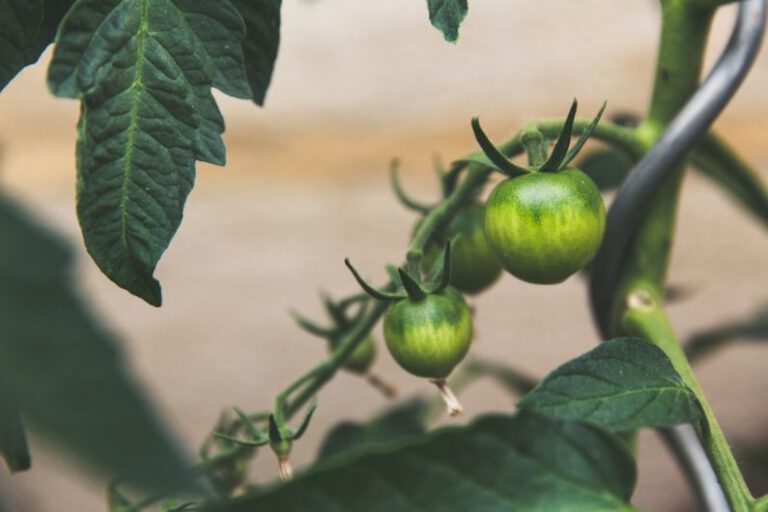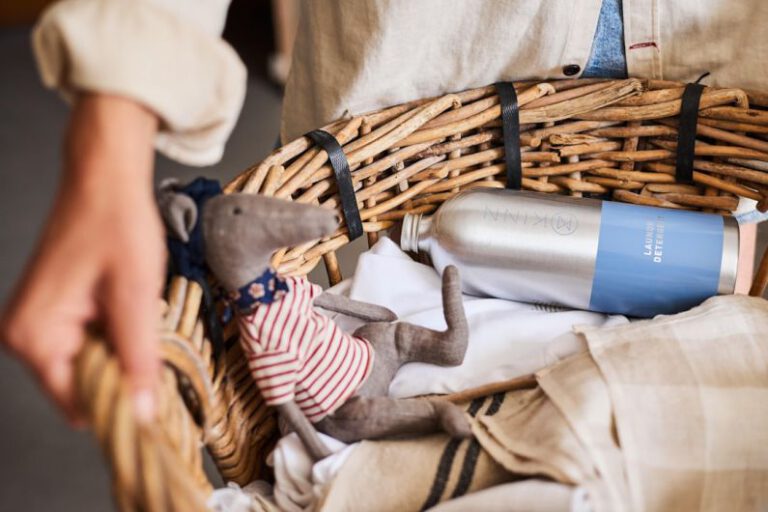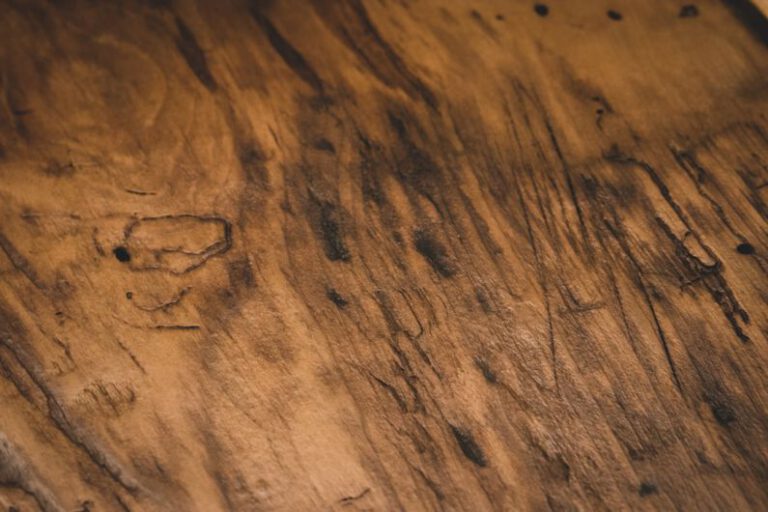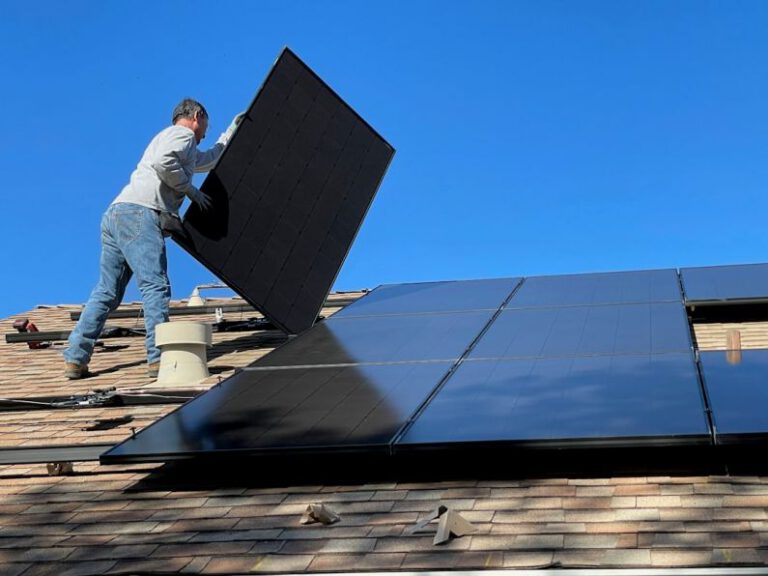Are Bamboo Products a Sustainable Choice for Home Decor?
Bamboo has been gaining popularity as a sustainable material in various industries, including home decor. With its rapid growth and eco-friendly properties, bamboo products are becoming a preferred choice for those seeking to decorate their homes in an environmentally conscious way. Are bamboo products truly a sustainable choice for home decor? Let’s delve into the benefits of using bamboo and explore why it can be an excellent option for decorating your living space.
**The Versatility of Bamboo in Home Decor**
Bamboo is a versatile material that can be used in a wide range of home decor products, from furniture to flooring, kitchenware, and decorative items. Its natural aesthetic appeal adds a touch of elegance and warmth to any room, making it a popular choice among interior designers and homeowners alike.
**Sustainable and Eco-Friendly**
One of the key reasons why bamboo products are considered a sustainable choice for home decor is the plant’s rapid growth rate. Bamboo is known to be one of the fastest-growing plants in the world, with some species growing up to 36 inches in just 24 hours. This makes bamboo an easily renewable resource, unlike traditional hardwoods that can take decades to mature.
Additionally, bamboo requires minimal water and no pesticides to grow, making it an eco-friendly alternative to other materials that have a more significant environmental impact. By choosing bamboo products for your home decor, you are supporting sustainable practices and reducing your carbon footprint.
**Durability and Strength**
Despite being lightweight, bamboo is incredibly durable and strong, making it an ideal material for furniture and home decor items. Bamboo products are known for their longevity and resistance to warping, making them a practical choice for everyday use in your home.
Whether you opt for bamboo flooring, shelving, or decorative accents, you can trust that these products will withstand the test of time and maintain their beauty for years to come. Investing in bamboo home decor items can save you money in the long run, as you won’t have to replace them as frequently as products made from less durable materials.
**Bamboo as a Stylish Choice**
In addition to its eco-friendly and durable properties, bamboo is also a stylish choice for home decor. Its natural grain patterns and warm tones add a touch of sophistication to any room, complementing a wide range of interior design styles from modern to rustic.
Whether you prefer a minimalist aesthetic or a cozy, bohemian vibe, bamboo products can seamlessly integrate into your decor scheme. From sleek bamboo furniture to intricately woven baskets and lampshades, there are endless possibilities for incorporating this versatile material into your home.
**Embracing Sustainability in Home Decor**
As consumer awareness of environmental issues continues to grow, more people are seeking sustainable alternatives for their everyday purchases, including home decor items. By choosing bamboo products for your home, you are making a conscious decision to support eco-friendly practices and reduce your impact on the planet.
In conclusion, bamboo products are indeed a sustainable choice for home decor. With their versatility, eco-friendly properties, durability, and stylish appeal, bamboo items offer a practical and aesthetically pleasing way to decorate your living space while minimizing your environmental footprint. Consider incorporating bamboo products into your home decor to embrace sustainability and create a beautiful, eco-conscious living environment.






